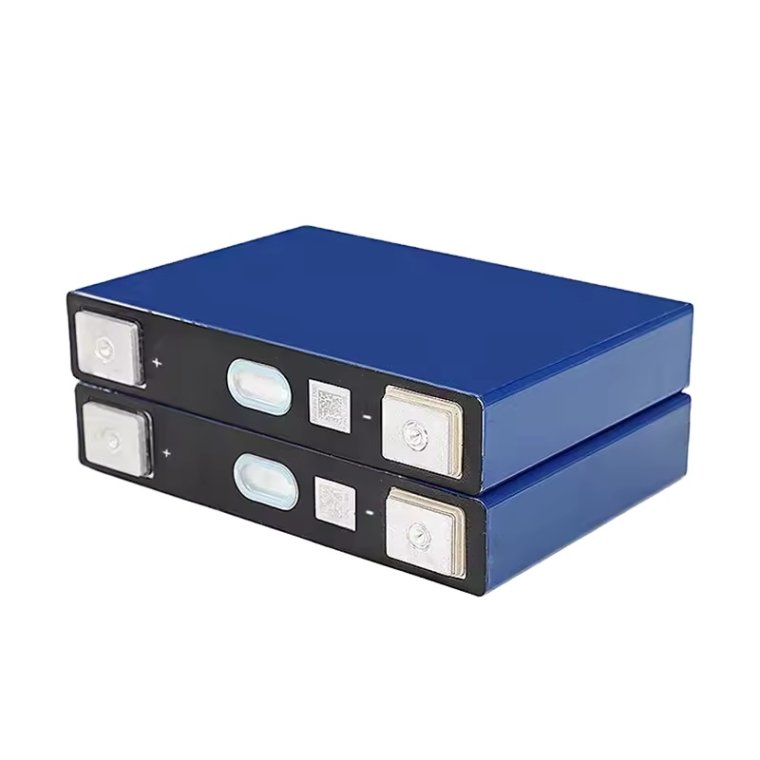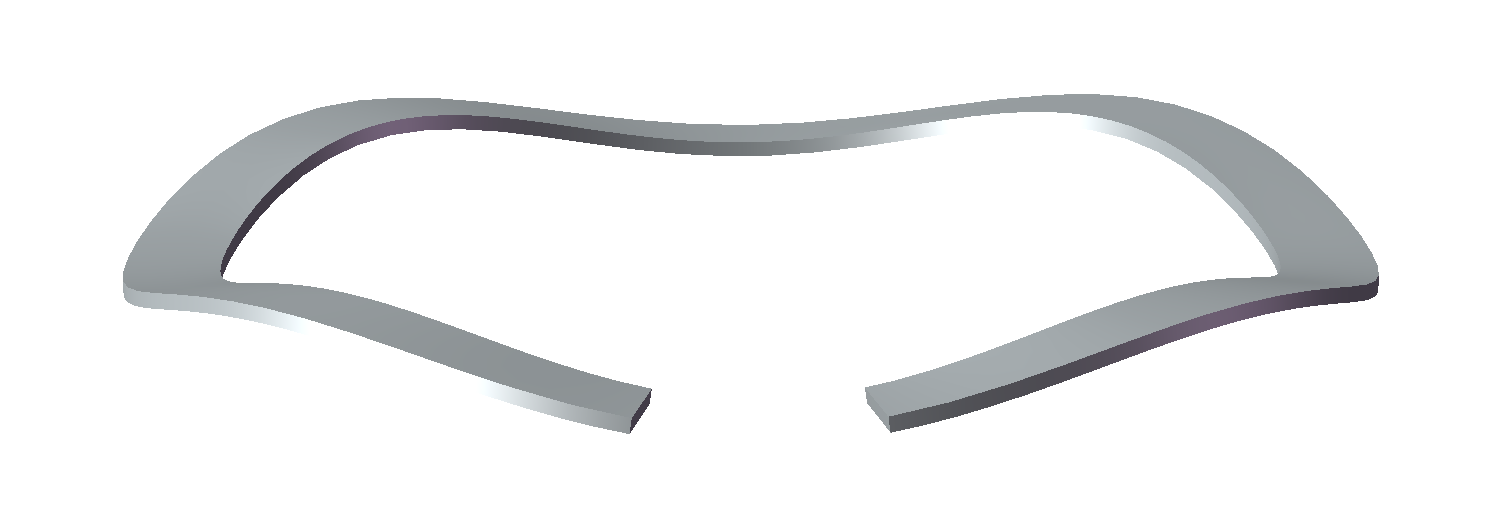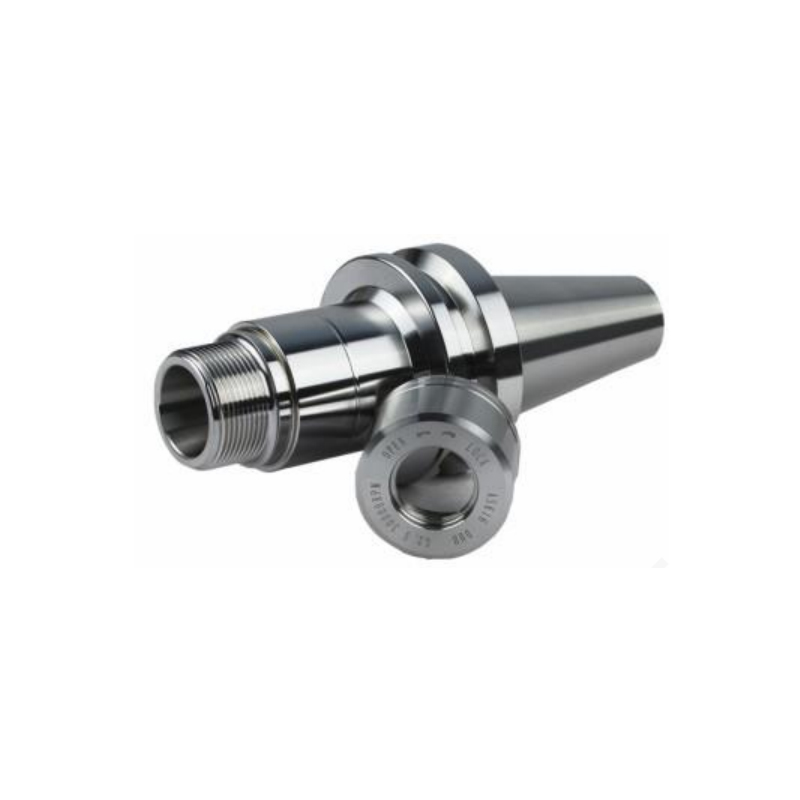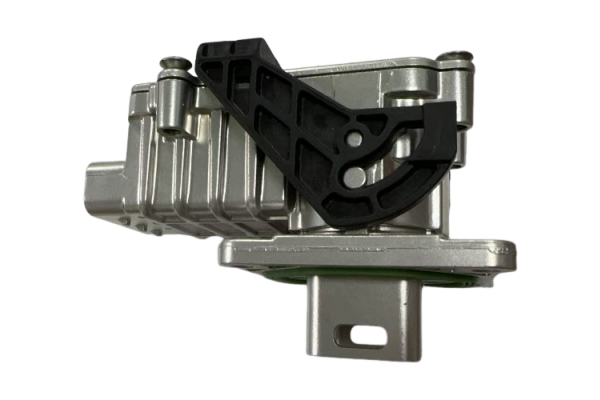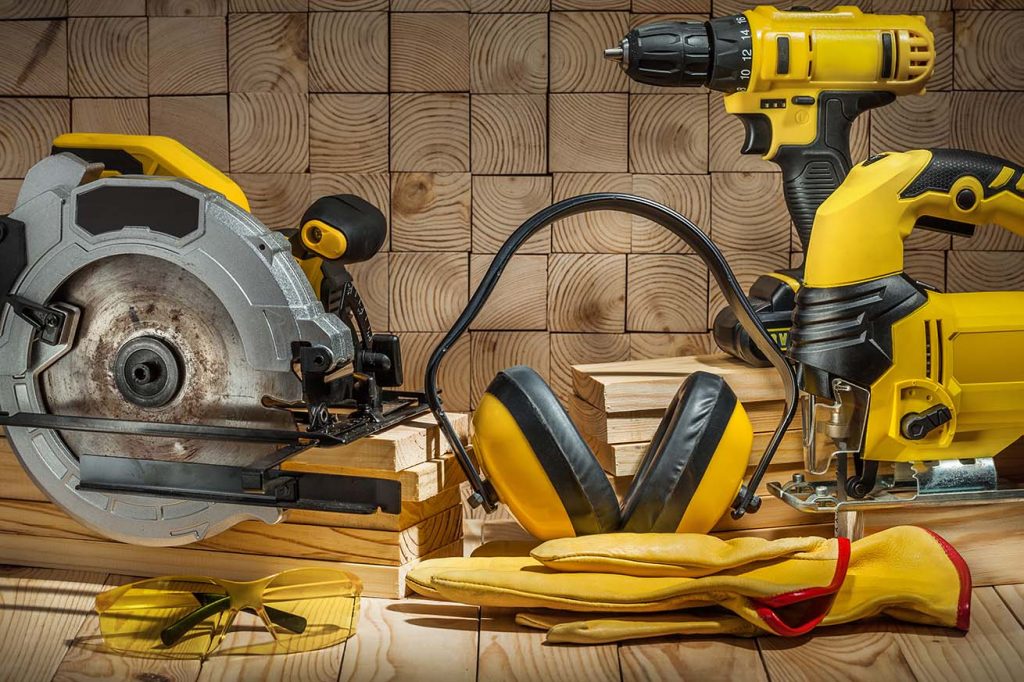
As professionals, we all know that having the right tools for the job is crucial to success. But with so many different types of tools available, it can be overwhelming to know where to start. In this article, we will break down the 5 essential categories of tools that every professional should know about.
- Hand Tools
Hand tools are the most basic and essential tools that every professional should have in their toolbox. These tools include hammers, screwdrivers, pliers, wrenches, and more. They are used for a variety of tasks, from tightening screws to cutting wires. Hand tools are versatile and can be used in a wide range of industries, from construction to automotive repair. - Power Tools
Power tools are the next step up from hand tools. They are powered by electricity, batteries, or compressed air and are used for more heavy-duty tasks. Power tools include drills, saws, sanders, and more. They are commonly used in construction, woodworking, and metalworking industries. - Measuring Tools
Measuring tools are essential for ensuring accuracy in any project. They include rulers, tape measures, calipers, and more. Measuring tools are used in a variety of industries, from construction to manufacturing. They are crucial for ensuring that projects are completed to the correct specifications. - Cutting Tools
Cutting tools are used for cutting materials such as wood, metal, and plastic. They include saws, knives, and scissors. Cutting tools are used in a variety of industries, from construction to fashion design. They are essential for creating precise cuts and shapes. - Diagnostic Tools
Diagnostic tools are used to diagnose and troubleshoot problems in machinery and equipment. They include multimeters, oscilloscopes, and thermal imaging cameras. Diagnostic tools are commonly used in the automotive, electrical, and HVAC industries. They are essential for identifying and fixing problems quickly and efficiently.
In conclusion, these 5 categories of tools are essential for any professional. Hand tools, power tools, measuring tools, cutting tools, and diagnostic tools are all crucial for success in a variety of industries. By having a good understanding of these tools and their uses, professionals can ensure that they have the right tools for the job and can complete projects efficiently and accurately.
